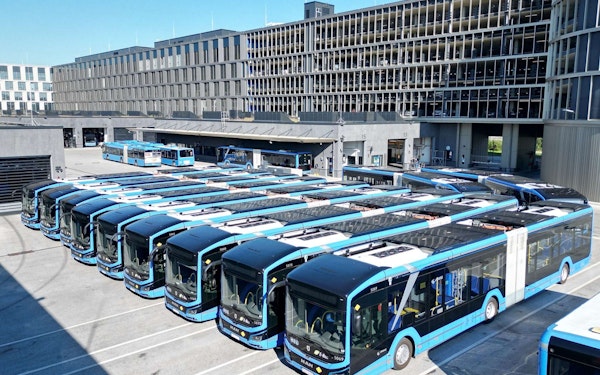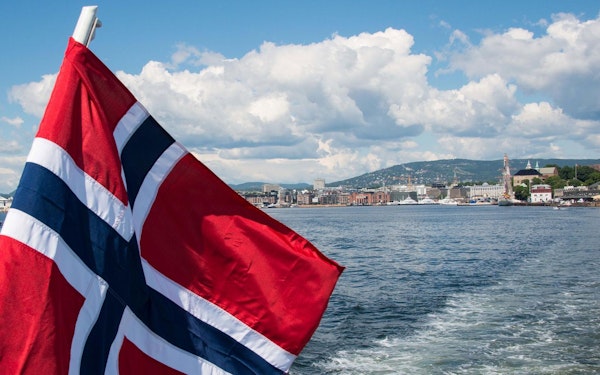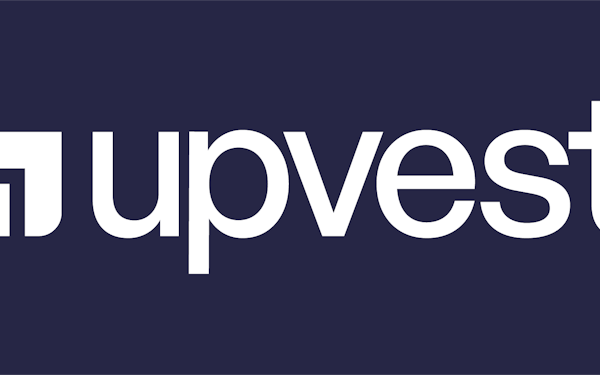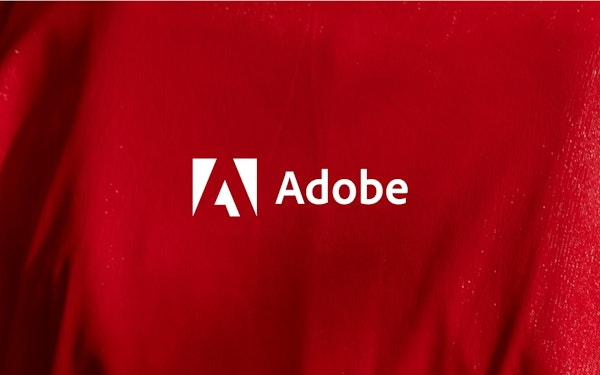
Big Tech Sits on Huge Cash Problem
In the event of acquisitions by Apple, Amazon, or Microsoft, thorough investigations and delays are likely to occur.
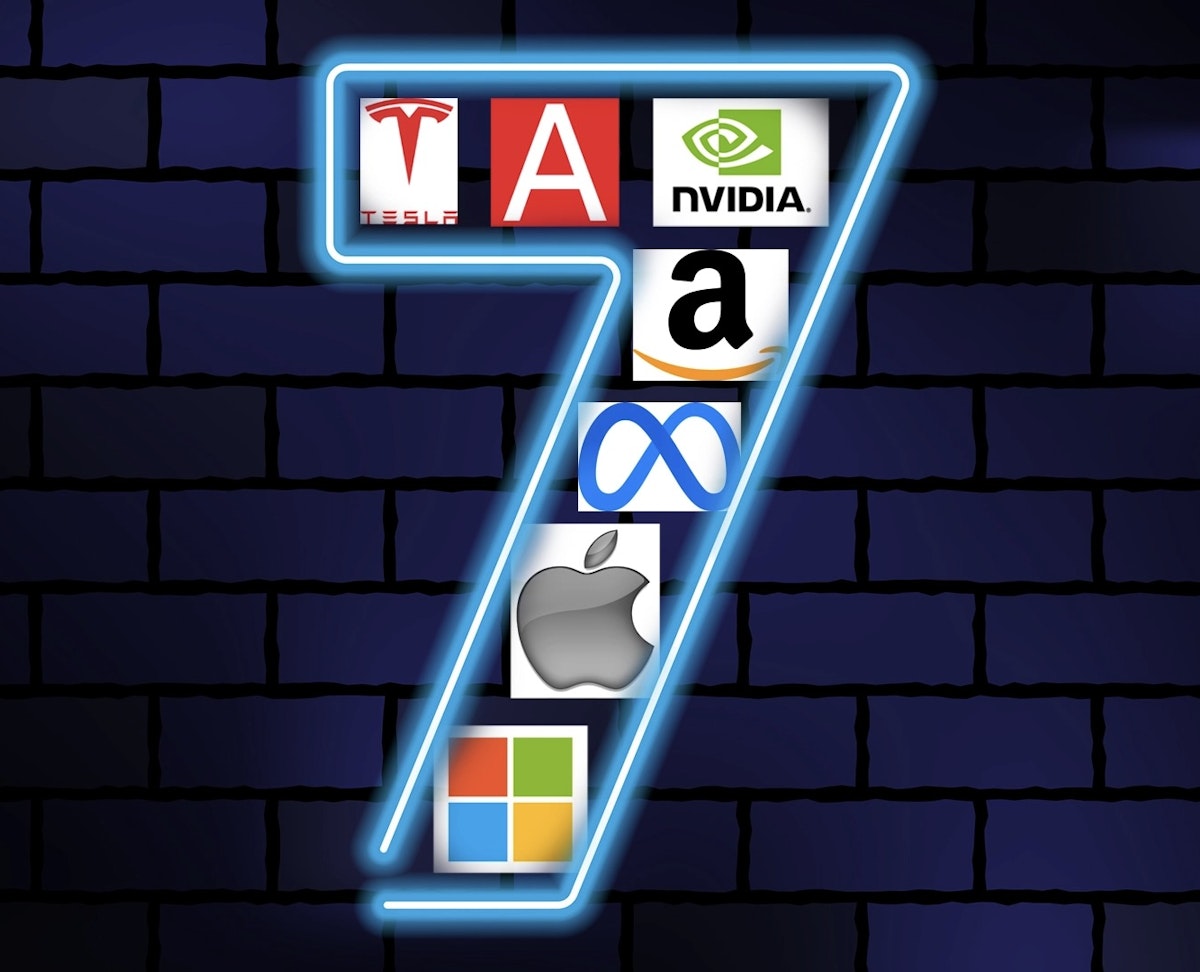
Despite Immense Cash Reserves, Largest Tech Companies Face Growing Challenges in Allocating Their Funds as Regulatory Scrutiny and Delays in Potential Acquisitions Increase. Apple, Amazon, Microsoft, and the Parent Companies of Google and Facebook Together Have More Than $570 Billion in Cash and Investments, an Amount More Than Twice as Large as That of the Five Wealthiest Non-Financial Firms in the S&P 500 Index.
This is primarily due to business models that sell widely distributed products and services without the high fixed costs of other industries. In the past year alone, Apple, Microsoft, and Alphabet each generated more than 100 billion US dollars from their operating business.
In recent years, regulatory authorities in the USA and worldwide have focused on major technology companies to limit their further expansion. This has led to companies such as Amazon, Adobe, and Intel having to abandon planned acquisitions due to the resistance of global regulatory authorities. The acquisition of Activision Blizzard by Microsoft took almost two years, significantly longer than previous major acquisitions by the company.
Google Reportedly Considers a Bid for HubSpot, a Provider of Cloud-Based Software for Email Marketing and Related Advertising Functions, Which Could Exceed 40 Billion US Dollars. This Would Surpass Google's Largest Acquisition to Date by More than Triple and Could Face Strong Opposition from Antitrust Regulators Due to Google's Dominance in the Advertising Market.
Google has the largest cash reserves compared to other technology companies and may have been encouraged by Microsoft's success in acquiring Activision to take bold steps.
The big technology companies also spend significant amounts on share buybacks, which is increasingly becoming a point of controversy. As part of its antitrust lawsuit against Apple, the Justice Department pointed out that the 77 billion US dollars that Apple spent on share buybacks last year - more than twice its research and development spending - is evidence that Apple itself has less incentive to innovate, as it protects itself from competition.
Apple also spends about 15 billion U.S. dollars per year on dividends, but has long resisted major acquisitions. Given regulatory and strategic challenges, the search for meaningful investment opportunities for the technology giant's enormous cash reserves could become increasingly difficult.


